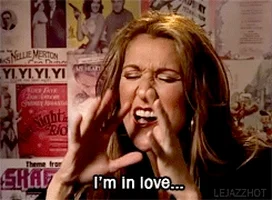During the Victorian period and as we have seen in many of our text this far a women’s sexuality tends to define her role in society. Some women use there gender as power such as Lady Audley for example. However there are some women who fall into the trap of letting society dictate what they yearn for and the position that they are suppose to acquire in life. This is not the case in the poem “No, Thank You, John” a young women is vehemently trying to explain to a man named John that she is not interested in him in the most polite way possible. The poem gives the reader the appearance that she has already given him an answer of I am not interested and he refused to let that be her final answer.

The young women’s voice in this poem feels very familiar to the struggles of women in the modern day. Men have still not learned that when a woman expresses she is disinterested the best thing to do is take your rejection and keep it moving! In Victorian times men were under the impression that woman would have to be interested in them if she wanted to have good position in society. She could not do that unless she was wed and John appears to be a man who thought he was the best catch for her.
The young women in this poem seems to be an outspoken woman for her time as she asserts her power to inform John once again that despite his insults and aggression, she still had a lack of interest maybe even more so than before. ” I have no heart?—perhaps I have not; But then you’re mad to take offence. That I don’t give you what I have not got: Use your own common sense.”

Personally, I am pleased that this poem is showing the importance of woman’s choice and the right to always say no. However, I was surprised because woman’s choice and the right to say no do not seem to be very important factors during the Victorian period. In fact this poem signals a woman who is voicing her right to be independent. She is showing that women have the right to be in control of their decisions especially when it comes to choosing a suitor.
This poem shows that a women can challenge the social norms to be in charge of her sexuality. It defies the argument that a women is around solely for the purpose of men and that if a woman pleases she can choose not to be interested in a man, no matter his position in life.